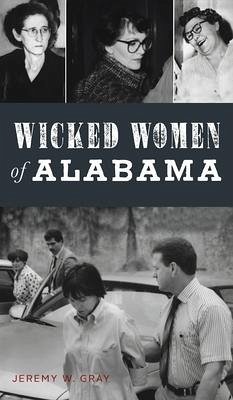
In the Pines
A Lynching, a Lie, a Reckoning
Versandkostenfrei!
Versandfertig in über 4 Wochen
21,99 €
inkl. MwSt.
Weitere Ausgaben:

PAYBACK Punkte
11 °P sammeln!
While visiting home from college, Grace Hale learned of her grandfather's legend: as sheriff in 1947 Mississippi, he saved a Black man from a lynch mob, only for the man to die during an escape. A deeper investigation, spurred by her studies on white supremacy, revealed a disturbing truth. Using a Carnegie fellowship, she delved into the story and discovered her family's narrative was skewed: the man's death was a lynching, challenging her perceptions of family, tragedy, and Southern history. The guilty party, she realized, was not an anonymous mob.













